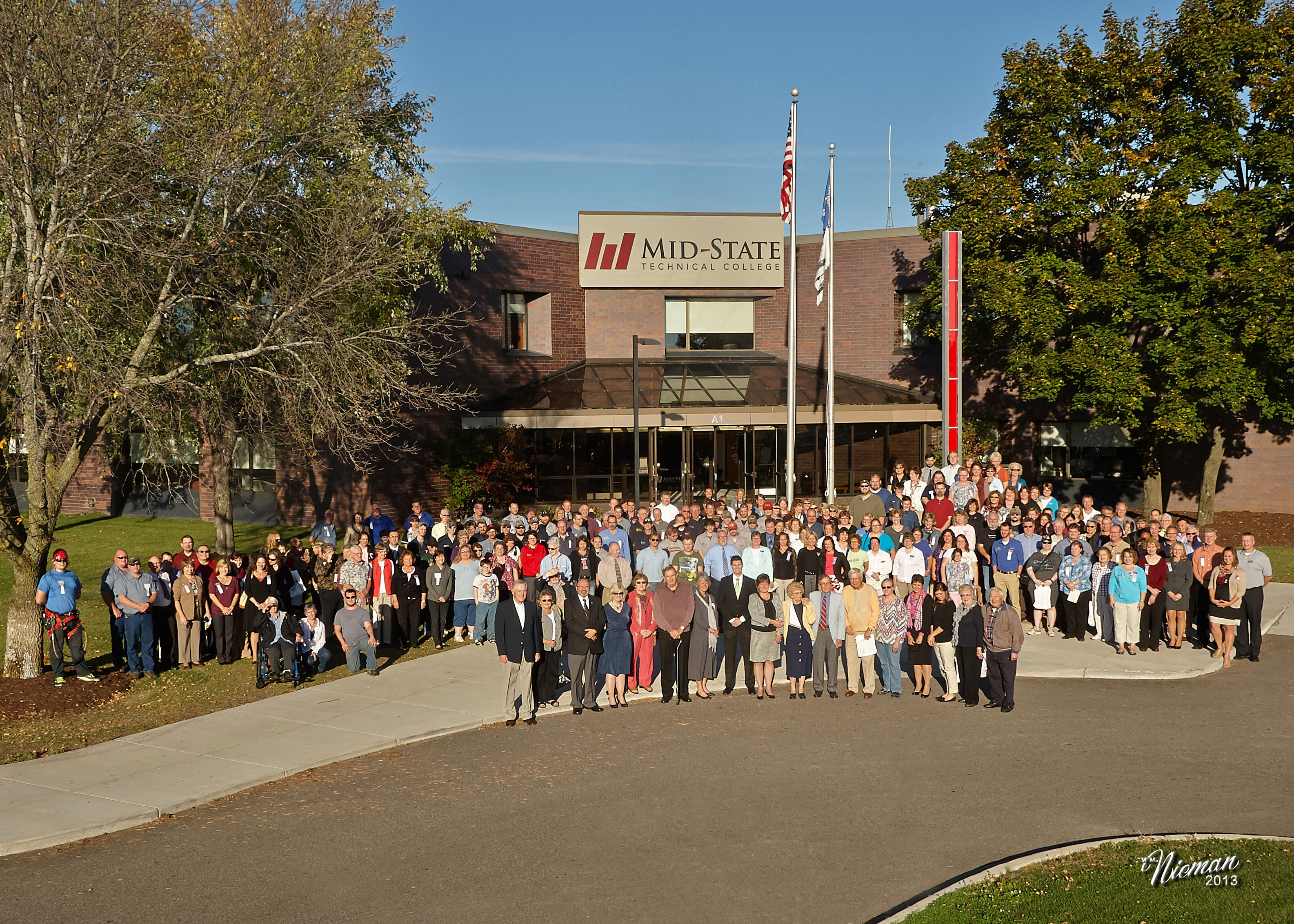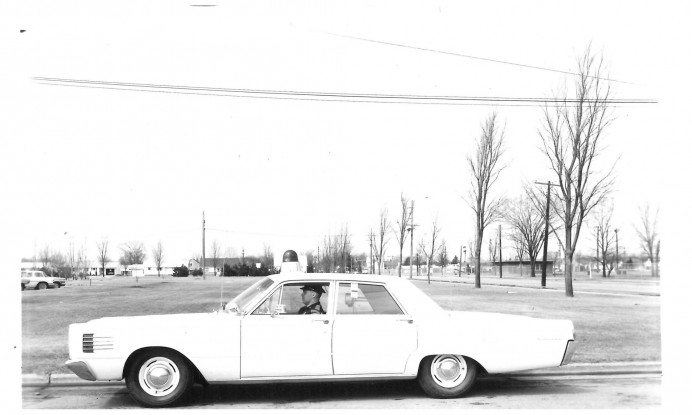Global Greatness: Muhammad Ali

By Joe Ewert
Global greatness. The magnitude of that phrase is unimaginable. It means that across the entire planet, there is inspiration. There is admiration. There is celebration. It’s a weight that surely can’t be placed on one man’s shoulders and yet, it has been. Global greatness is defined by just three letters.
Ali.
On Friday, June 10, 2016, the funeral will be held for the one, the only, Muhammad Ali, who passed away June 3 following years of battling Parkinson’s Disease and, more recently, a respiratory issue. He was 74.
Born Cassius Clay, in Louisville, Ken., Ali began training for his boxing career at age 12. By age 18, he was a gold medalist in the 1960 Olympic games and won his first world heavyweight title in 1964 at 22 years of age, beating Sonny Liston in a major upset. It was not long afterwards that Ali converted to Islam and changed his name, casting away his “slave name”. Ali would go on to win a total of three heavyweight titles in his career, beating George Foreman in 1974 and Leon Spinks in 1978.
His sheer dominance of the sport led him to an impressive record of 56-5. Ali had a special way about himself inside the ring. He had an uncommon fighting style, relying more on speed and agility than brute strength. That doesn’t mean he couldn’t pack a punch, though. Of his fifty-six wins, thirty-seven of them came by way of knockout. Some notable KO’s of his career include Liston, Jerry Quarry, Foreman at the fight famously dubbed the “Rumble in the Jungle”, and Joe Frazier at the famed “Thrilla in Manilla”.
Ali was also famous for the way he conducted himself outside of the ring as well. Taking cues from professional wrestler Gorgeous George, Ali began intimidating his opponents through his words, saying he was “…too fast, too smart, too pretty. I should be a postage stamp because that’s the only way I’ll ever get licked.” He was also famous for his phrase in response to his match against Foreman, saying he was going to “float like a butterfly, sting like a bee. His hands can’t hit what his eyes can’t see.”
Such flamboyance was never seen in the sport before. It drew admiration of some, but it also drew the ire of others, as the 1960s were harsh times for African-Americans, and having a star athlete with his skin color and his speaking capabilities was something looked down upon by some.
Also looked down upon by some was his dodging of the draft for the Vietnam War. His conscientious objection led to his arrest, but it did not deter Ali from speaking his mind, speaking out against the war, and continuing to stand up for the rights of African-Americans as our country became integrated.
Ali’s boxing prowess was especially admired by Wisconsin Rapids business owner Roger Brown of Brown Auto Body. Aside from running his business, Brown serves as an assistant head coach of the Wisconsin Rapids Boxing Club, an organization that has been around for over 50 years.
“My son wanted to get involved in boxing, and I grew up around boxing, so I took him to the gym and talked with one of the coaches,” Brown said of his early involvement. “Today, we train mostly young people, but there are some adults and we also have a pro fighter that trains with us.”
Brown says Ali is his favorite fighter of all time, and also says Ali helped the sport grow through the examples he set forth.
“Ali brought attention to boxing when it was in a down trend,” Brown said. “The things he did outside of the ring never turned me away from being a fan. He felt he could be successful and he did what he knew he could do best. He sure talked a lot but he backed it up in the ring.”
Ali once said, “He who is not courageous enough to take risks will accomplish nothing in life.” The way Brown trains the young men at the boxing club, he instills that sense of positivity and perseverance in them – something that helps in more places than the boxing ring.
“Adversity is the big thing. Everyone faces adversity when they have people telling them they can’t do it,” Brown says. “We teach our kids to believe in themselves. You cannot let people’s words stand in your way if you want to be successful in what you want to do. If you work hard at something you’re going to achieve it, and that’s what we try to put into our kids.”
Four-time heavyweight kickboxing champion and trainer, Duke Roufus, echoes Brown’s sentiments when it comes to training his MMA fighters at his Milwaukee gym, Roufusport. To him, the way Ali stood out in the crowd is what will make his fighters successful if they follow those footsteps.
“Right now, we have one guy, Emmanuel Sanchez, who makes sure he always does the Ali shuffle in the ring,” Roufus said. “He’s got a fight coming up July 22 on Spike TV that you’ll see him do it in then. I try to tell all my guys that they need to have that iconic figure about themselves if they want to be successful fighters. Ali took a sport that was considered barbaric and added so much flash and pizazz to it that he got noticed for it.”
Roufus has the honor of having met Ali, when Roufus was a commentator for kickboxing on ESPN in 2003.
“He was still so sharp and you could see the passion in his eyes,” Roufus said. “You could kind of see all he had done. He was such a kind person but yet so formidable in the ring. He didn’t talk much but I also didn’t want to burden him or put him on the spot or anything because of his Parkinson’s. It’s such an excruciating disease.”
Roufus is credited for having trained Anthony “Showtime” Pettis in Ali’s likeness, and is currently training former WWE star Phil Brooks, better known as CM Punk. In order to help them perform at their highest level, Roufus draws his own inspiration from Ali.
“I have all of his quotes downloaded on my phone and I use them as daily motivation,” Roufus said. “If I get tired on a run or something I’ll put Ali on and he inspires me to keep going. Seeing the trials and tribulations he had to go through, he did so much as an inspiration to all of us. I hope there can be another powerful being like him again in this world but I don’t know if there ever will be anyone as great as him.”
And there very well may not be, for Muhammad Ali transcended his sport, from boxing rings to soccer stadiums and all points and places in between. Ali’s mark left on this world is indeed a big one as a man who is missed terribly, but a man whose name is etched forever in the history of time. One man. One word. Global greatness. Three letters. Forever.
Ali.








